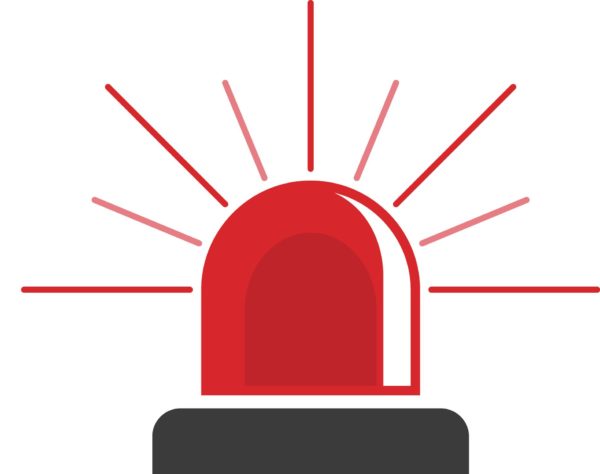
Submitted by Maryanne P. Dailey, M.A. NCDRC Certified Mediator, Senior Vice President Better Business Bureau of Southern Piedmont and Western North Carolina
Emergency scams (sometimes called grandparent scams) prey on your willingness to help friends and family in need. Scammers impersonate their targets’ loved ones, make up an urgent situation, and plead for help… and money. Thanks to social media sites, scammers can offer plausible stories and incorporate nicknames and real travel plans into the con to convince their targets.
How the Scam Works
Emergency scams are about a family member or friend in a dire situation. You get a call, email, or social media message from someone claiming to be a family member in distress. They may say they’ve been arrested while traveling overseas, or there was an accident, medical emergency, or other calamity. They provide convincing details, such as family names, school details, etc. A common version is the “grandparent scam,” where the con artist contacts a grandparent claiming to be their grandchild and asking for money. The plea is so persuasive that the grandparent wires money to the scammer, only to find out later their family member was safe and sound all along. This scam can also work in reverse where the ‘grandparent’ calls their grandchild pleading for help.
Tips to Spot The Scam
Resist the urge to act immediately, no matter how dramatic the story is. Check out the story with other family and friends, but call directly. Don’t call the phone number provided by the caller or caller ID. Ask questions that would be hard for an impostor to answer correctly.
Know what your family members are sharing online. You may not have control over your family’s social media accounts, but familiarize yourself with what they are sharing online.
To report a scam, go to www.bbb.org/scamtracker
Another service, BBBGrapevine.org, offers pertinent information, alerts, and announcements, as well as a community calendar with events that older adults might find helpful. More information can be found about this service at www.bbbgrapevine.org,where you can sign up to receive newsletters, program invitations, and scam alerts.
Check out www.bbb.org to look up a business, file a complaint, write a customer review, report a scam, read tips, follow us on social media, and more. If you are interested in having a representative from Better Business Bureau speak at one of your events, please contact Kim Henderson at khenderson@charlotte.bbb.org



